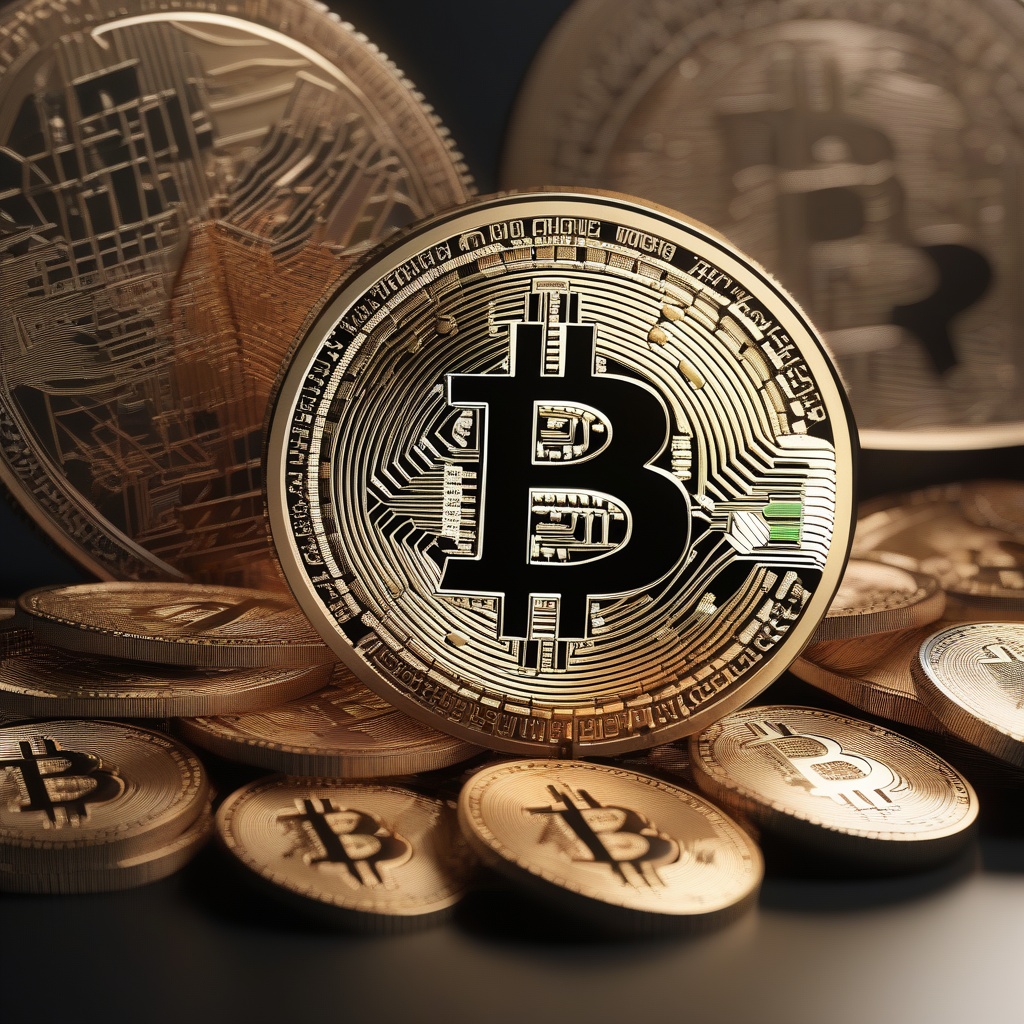What are Bitcoin block rewards?
As a keen observer of the <a href="https://www.btcc.com/en-US" title="cryptocurrency">cryptocurrency</a> landscape, I'm curious to delve deeper into the mechanics of Bitcoin. Specifically, I'm wondering: What are Bitcoin block rewards? Are they the incentives that miners receive for validating and adding new blocks to the blockchain? How do these rewards work in terms of their value and frequency? Do they remain static or do they undergo changes over time? Furthermore, are there any limitations on how many bitcoins can be awarded as block rewards? I'm eager to understand the role these rewards play in maintaining the security and stability of the Bitcoin network.

How often do Bitcoin block rewards halve?
For those seeking clarity on the dynamics of Bitcoin's mining rewards, a pertinent question arises: How often do <a href="https://www.btcc.com/en-US/academy/research-analysis/bitcoin-btc-price-prediction-2023-2025-2030-is-btc-a-good-investment" title="Bitcoin">Bitcoin</a> block rewards halve? This phenomenon, known as "halving," is a key component of Bitcoin's economic design. As per the Bitcoin protocol, the block reward - the amount of new Bitcoin awarded to miners for successfully validating a block on the blockchain - undergoes a reduction every 210,000 blocks. This reduction is precisely by half, effectively halving the rate of new Bitcoin entering the market. Understanding this mechanism is crucial for investors, miners, and enthusiasts alike, as it shapes the long-term supply curve and, consequently, the price dynamics of Bitcoin.

